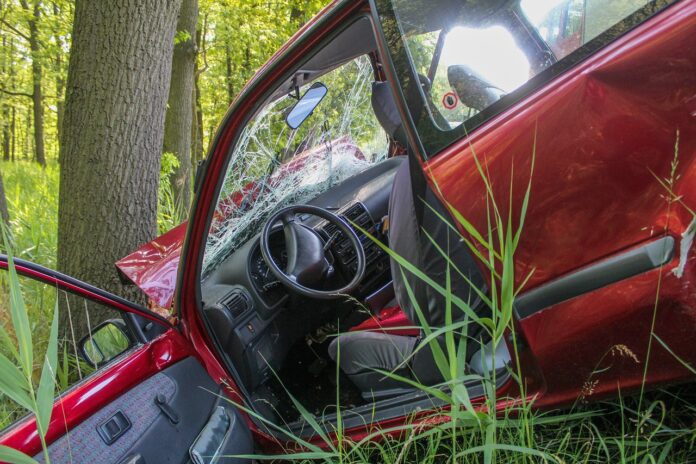Car accidents, an unfortunate reality of our fast-paced, travel-centric world, can trigger a whirlwind of confusion, fear, and uncertainty. Knowing the proper steps to take in the aftermath of a car accident can be crucially significant – it not only ensures your safety but also safeguards your legal and financial interests. This guide will shed light on these vital steps, providing you with a comprehensive roadmap to navigate through the chaos following a car accident.
1. Contact a Personal Injury Lawyer
Engaging a personal injury lawyer promptly after a car accident is vital and has several advantages. An experienced attorney will provide expert legal representation and guide you through the complex legal processes. They will work diligently to gather all necessary evidence, such as medical records, police reports, and witness statements, to substantiate your claim.
Furthermore, your lawyer will be instrumental in negotiating with insurance companies, ensuring you receive a fair settlement that reflects the gravity of your injuries and emotional distress. They are prepared to take your case to court to seek justice in an impasse. Thus, a personal injury lawyer is pivotal in securing your legal and financial interests following a car accident.
2. Have Contact Information for all Involved Parties
Exchanging contact information with all parties involved in the car accident is a highly crucial step. This should include all drivers’ and passengers’ names, phone numbers, and addresses. Additionally, gather insurance information like policy numbers and the insurance company’s name.
If there were any witnesses to the accident, obtaining their contact information can also benefit your case. This information will be vital for filing an insurance claim and may be required by your personal injury lawyer during the legal proceedings. Remember, the contact information collected should be shared with your attorney and insurance company but not with other parties involved in the accident.
3. Call the Police and File a Report
Contacting the police and filing a report is the third crucial step following a car accident. Law enforcement officers will arrive at the scene to assess the situation, gather evidence, and compile an official accident report. This documentation provides a neutral third-party account of the incident, which can be vital in disputes over liability.
It would help if you cooperated with the officers but avoided making definitive statements about fault or responsibility. Always request a copy of this report, as it can be critical evidence in your personal injury claim. Remember, your lawyer can use this report to strengthen your case and negotiate a fair settlement.
4. Seek Medical Attention if Necessary
Even if you feel fine, getting evaluated by a medical professional is essential. Some injuries may not present immediate symptoms, and getting treated promptly can prevent further complications. Additionally, documentation of your injuries can serve as evidence in your personal injury claim.
If you sustained severe or life-threatening injuries, seek emergency medical attention right away. Delaying medical treatment can worsen your condition and weaken your case for seeking compensation. Always follow your doctor’s advice and attend all follow-up appointments to ensure a speedy recovery.
5. Keep Track of Expenses and Document Everything
Following a car accident, it’s crucial to keep track of all expenses related to the incident. This includes medical bills, repair costs, and other out-of-pocket expenses from the accident. Additionally, document everything related to the accident, such as photographs of the scene and your injuries.
These records will be crucial in determining the compensation you are entitled to receive. They can also be evidence in negotiations with insurance companies or legal proceedings. It’s essential to be thorough and organized when documenting these expenses and keeping track of all records.
6. Notify Your Insurance Provider
One of the first steps you should take following a car accident is to notify your insurance provider. Failing to report the incident in a timely manner may result in a denial of coverage. Your insurance company will likely conduct its investigation and may request additional information, such as copies of the police report and medical records.
Being honest and accurate when reporting the accident to your insurance company is crucial. Any inconsistencies or false information could jeopardize your claim and result in a lower settlement. If you have any questions or concerns, it’s best to consult with your personal injury lawyer before interacting with your insurance provider.
Following these crucial steps can make a significant difference in the aftermath of a car accident. Seeking legal representation, gathering contact information, filing a police report, seeking medical attention if necessary, keeping track of expenses, documenting everything, and notifying your insurance provider is essential for protecting your interests and ensuring fair compensation. Remember to consult with an experienced personal injury lawyer for expert guidance.


